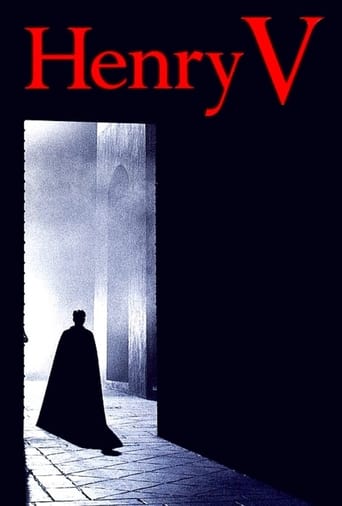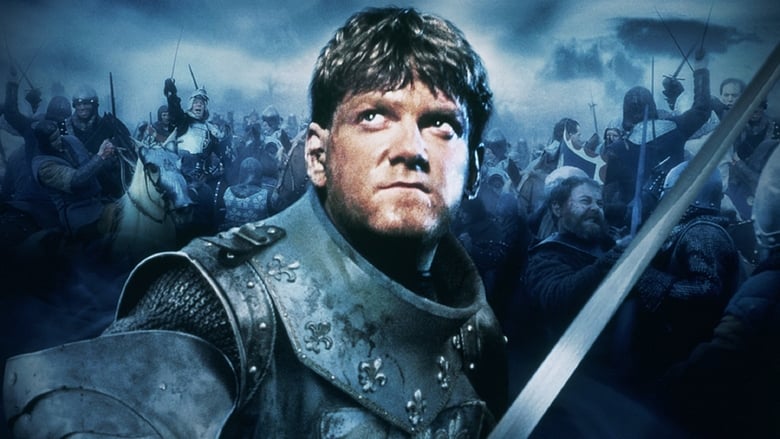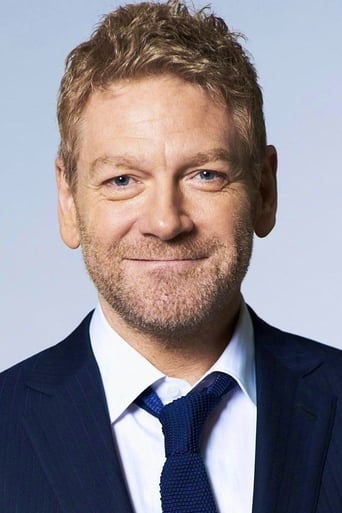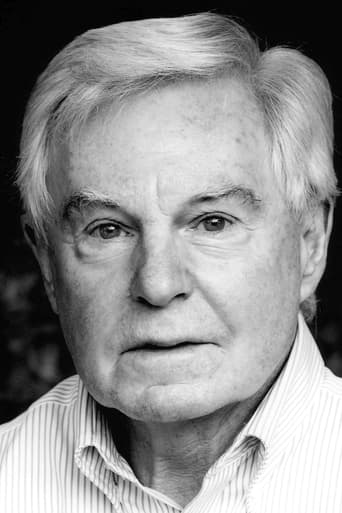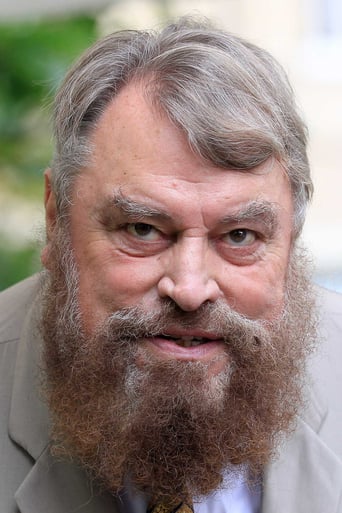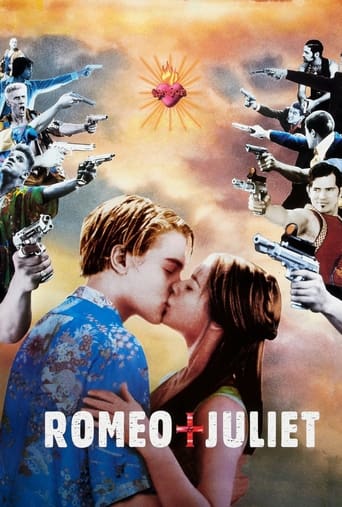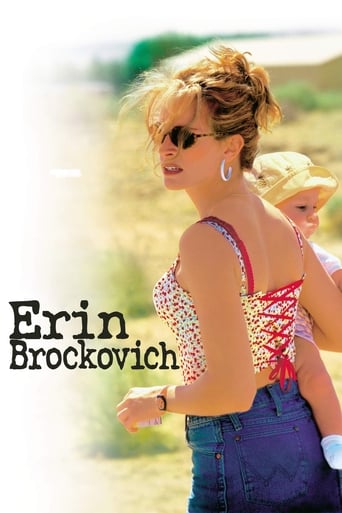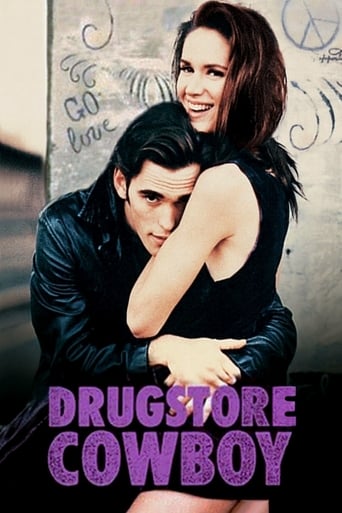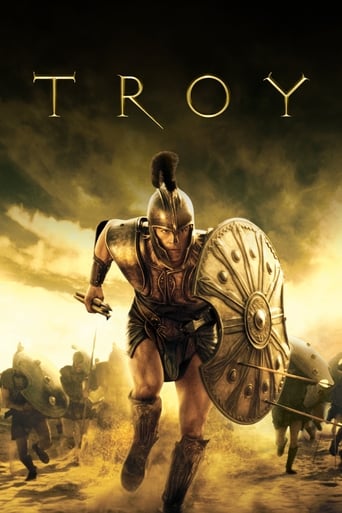Henry V (1989)
Gritty adaption of William Shakespeare's play about the English King's bloody conquest of France.
Watch Trailer
Cast


Similar titles
Reviews
Very well executed
Sorry, this movie sucks
Just perfect...
It is a whirlwind of delight --- attractive actors, stunning couture, spectacular sets and outrageous parties. It's a feast for the eyes. But what really makes this dramedy work is the acting.
During the 1980s received opinion had it that Laurence Olivier was the greatest actor ever to have trodden the British stage. Received opinion was divided as to whether he was also our greatest-ever screen actor- he had some rather dodgy entries on his filmography, such as "The Prince and the Showgirl", "Khartoum" and the remake of "The Jazz Singer"- but his three Shakespearean adaptations were widely regarded as national treasures, especially his "Henry V" from 1944. So when it became known that a brash young actor-director named Kenneth Branagh was tackling the same play, received opinion was not impressed. "He'll never be another Olivier" was a common reaction. I have never considered "Henry V" to be one of Shakespeare's greatest plays. It lacks the philosophical depth and emotional power of the great tragedies or even of some other history plays, such as "Richard III". It mythologises an English king whose main achievement was to start an unnecessary war with France. As Shakespeare knew well, Agincourt was a great victory in the short term but a futile one in the long term. Henry's early death meant that his great ambition of uniting the French and English crowns was never realised; the United Kingdom of England and France remains one of the great might-have-beens of world history. Moreover, modern audiences might have another problem with this play. By modern standards the English were the aggressors in the Hundred Years War; even by mediaeval standards, Henry's claim to the French throne was by no means as clear-cut as he imagined. The play does, however, contain some of Shakespeare's most magnificent poetry and some of his greatest set-piece speeches, mostly put into the mouth of Henry himself, and makes a very tempting role for Shakespearean actors.Branagh's film is very different to Olivier's. Both edit the play heavily, as do most films based upon Shakespeare. (Branagh's "Hamlet", which runs for around four hours, is a rare example of a Shakespeare film using an uncut text). The differences reflect the historical periods during which they were made. Olivier's, made at the height of World War II, is an overtly patriotic pageant-style propaganda, full of magnificent costumes and scenery. It is noted for its bright colours, unusual at a time when few British films were shot in colour. Branagh's film, by contrast, was made in 1989, at the end of the Cold War (and, coincidentally, the year in which Olivier died). In 1944 war had been widely viewed as something heroic and glorious, a view which by 1989 had been eroded by forty years of life under the shadow of the nuclear bomb. Had Branagh attempted to make a drama in the same vein as Olivier's it would doubtless have been greeted with considerable cynicism from the public. His film is much darker in tone, both literally and metaphorically. The battle of Agincourt was famously fought on St Crispin's day, in late October, and the visual look of the film is appropriately autumnal. Olivier's battle is fought in brilliant sunlight, Branagh's in rain and mud, recalling the popular view of the trenches of Flanders during World War One. (In this respect Branagh is more historically accurate. The bad weather worked to the advantage of the English, enabling their archers to pick off the enemy when the French cavalry became bogged down in heavy mud). Even those scenes set away from the battlefield are less vivid than their equivalents in the earlier film. In editing Shakespeare's play for the screen, Branagh concentrates on those scenes which stress the cruelty and suffering involved in warfare. His Henry is not a villain- he has a quite genuine belief in the justice of his cause- but he is youthful and inexperienced, and possibly naïve. (Branagh was still in his twenties in 1989; Olivier had been nearly forty in 1944). In the opening scene we see two bishops manipulating Henry into declaring war on France for their own self-seeking reasons. For all his inexperience, Henry cannot avoid the harsh realities of war and politics. In one scene he is forced to hang Bardolph, an old companion from his wild youth, for looting a church. The French are badly served by their leaders; the Dauphin is a conceited popinjay who refuses to take Henry seriously, mocking him by suggesting he play tennis rather than wage war, and the Constable of France is dangerously over-confident. The film ends with Patrick Doyle's setting of the Latin hymn "Non nobis, Domine", perhaps an acknowledgement of the fact that the English victory seemingly owed more to Divine intervention than it did to their own merits. Branagh's interpretation of the leading role is very different from Olivier's much more self-confident, assured monarch, but proves himself to be at least the equal of his illustrious predecessor in delivering Shakespearean blank verse. Other noteworthy performances come from Derek Jacobi as the Chorus, Branagh's then wife Emma Thompson as Princess Katherine, the larger-than-life Brian Blessed as the Duke of Exeter, Ian Holm as Fluellen, Paul Scofield as King Charles VI of France (not played as mad in this production, although he undoubtedly was in reality), Robbie Coltrane Falstaff (shown here in flashback, although he does not actually appear in the play) and the normally genial Richard Briers, here cast against type, as the rascally Bardolph. Received opinion was proved wrong. The film was greeted by many critics as a masterpiece, a judgement with which I would not disagree. Indeed, I would go so far as to say that the brash young pretender succeeded in stealing Olivier's crown. Branagh was later to direct and star in what I regard as the greatest ever screen version of a Shakespeare comedy ("Much Ado About Nothing") and the greatest ever screen version of a Shakespeare tragedy ("Hamlet"), but his "Henry V", the greatest ever screen version of a Shakespeare history, represented the first leg of a remarkable hat-trick. 9/10
It's kind of weird how what many people consider to be one of the best Shakespeare movies ever made was actually based on one of his lesser known plays. Scratch that. It was based on a true story based on one of the lesser known kings. To be fair, I'm pretty sure Henry V was probably the second most famous kind to bear that title, after of course Henry VIII. This is a story about the Hundred Year's War. Most people are probably unfamiliar with this apart from the fact that it made Joan of Arc famous. It was known for how the English won most of the battles, but the French won the war.Historically, that actually does happen sometimes. This movie/play focuses on pretty much every historical aspect you could imagine. I thought that the only thing it was truly missing was some sort of romance and at the end, guess what I got? What makes this film a classic is how beautiful everything looks. It makes you appreciate everything about Shakespeare and classic literature in general. Well, classic theater. I guess that can count as literature, right? I've noticed that Shakespeare used the word "thrice" a lot. People should use that more! It's quite long, but it's worth every minute. For all the drama, we also get some great authentic action scenes. The slow motion is used very well and it's great to see it being used in a battle before guns were invented. That was quite unique. We get a lot of discussions about royalty, religion, and many other relevant topics. It's great that there's so much going on. This is a great representation of history and all its violence. I'm still going to say the 1948 Hamlet version was my favorite Shakespeare film but this is the second. ****
A Good "Televised" Play (i.e. a British film) For a master class on adapting Shakespeare to cinema you need to watch Akira Kurosawa's seminal "Throne of blood".This film is entertaining, but it's not cinema it's a very long TV drama (if you liked the BBC's Robin Hood series you'll love this).For anyone who's coming to Shakespeare for the first time I'd recommend Olivier's version. It's not a 'complete' version of the play, but it has the wit, subtlety and invention missing in Branagh. Olivier is much truer to the spirit of Shakespeare - it's playful and funny in parts (for example the lovely scene where Catherine is learning English). Most importantly Olivier brings out the beauty of Shakespears words (the spine tingling soliloquy in Henry's nighttime tour of the camp?).Branagh's version is neither a film or a play. It unfortunately the throttling of language for dramatic effect. Drowned in muzak and delivered with holly-pine-wood whispers or "You slag!" shouting. And kicks the crap out of the language with odd action film stresses and punctuations. Making the whole play difficult to listen to and understand.There's nothing playful or subtle about it - it's wall to wall drama - which inevitably gets a bit tedious after a while. The lines seem to be there more for pulling faces than for pleasure. A bit like being server a steak you really wanted to tuck into, but cant as someone's covered it in tomato sauce and half a pound of salt.Although there are some funny bits e.g.Derek Jacobi doing Marty DiBergi "introduction to Spinal Tap" at the start.It's also very 80's (e.g. Branagh's hair cut) - When he's asked if he's Cornishman I half expected him to answer, "No I am from Hampstead"Derek Jacobi (with thespian scarf) on the White Cliff of Dover doing Michael Palin's Ripping Yarns "You know, I think it was G.K. Chesterton, who once said..." (Tomkinson's schooldays)Required watching I imagine for all those poor high school students who are forced to learn Shakespeare...(I award it 1 only to try and introduce some sanity to the overall rating. As an adaptation of Shakespeare - 6.5/10. As a general film - 6/10. as a serious cinematic film - 1/10)
Great for someone that does or doesn't like the Bard. As it is a film with drama, angst, action, a little romance, a little humor. All in between. Kenneth Branagh was nearly 27 or 28-years old when this came out. As he was not known as he is now. Playing the lead role and directing, writing the film as well.Henry V is about never giving up, and to fight together as a band of brothers, as it is mentioned in the movie/novel.With a huge task of the small English Army, fighting against a huge and gigantic French one. But Henry is not afraid to take on a huge task and will not suffer defeat. As he rallies his men to do the same. Despite the odds are against them. Branagh is great in the lead role. But has help from an elite cast of classical British actors and actresses. That back him up. As also future stars and Oscar winners, along the way.Brian Blessed as Exeter, the strong man and faithful sidekick to Henry; Ian Holm as the Welsh Captain Fuellen, loyal and adds a bit of humor; Dame Judi Dench as the Mistress Quickly, whom shines in the few minutes she has in the movie. And who would go onto playing M as well as having an Oscar. But makes them worthwhile. A young teenage, Christian Bale, as Falstaff's boy and who's death strikes a nerve with Henry. You never knew, you would looking at the future American Psycho and Batman star. Paul Scofield as a weary French king. Geraldine McEwen, an aide who helps out the French princess with her English among, other things. A then unknown Emma Thompson, who plays the French princess who would be an Oscar winner and outshone her then husband Branagh's career.But it is Derek Jacobi, a mentor of Branagh's as well as the I Claudius star. As the Chorus who is in a black trenchcoat, with modern clothes and boots. And shows up like, nobody recognizes him. But his presence sets the tone. As well as a voice you can hear all the time, every time it seems.Even if you may not understand the language of thee, thous, etc. Still, this is one movie you can't miss. It is about standing up for what you believe in. Best Shakespeare film of all time IMHO! Nothing even comes so close to it.

